Can hydrogen fuel cell vehicles break the monopoly of lithium batteries? Although hydrogen fuel cell vehicles have significant advantages such as zero emissions, convenient refueling, and long range, they still face multiple challenges in breaking the monopoly of lithium batteries.
The core advantage of hydrogen fuel cell vehicles lies in their technological characteristics. By directly generating electricity through the electrochemical reaction between hydrogen and oxygen, only water vapor is emitted during the process, truly achieving zero pollution; The refueling time is similar to that of traditional fuel vehicles and much faster than the charging time of lithium batteries.
The energy density far exceeds the existing lithium battery system, making it easy to support long battery life requirements. These characteristics make it uniquely competitive in commercial vehicle fields such as heavy trucks and long-distance logistics, especially in closed scenarios where hydrogen refueling convenience and low operating costs have formed a partial breakthrough.
The widespread adoption of hydrogen fuel cell vehicles is still constrained by three major bottlenecks.
Firstly, the high cost of catalysts in fuel cell systems relies on precious metals, and the high cost of key materials such as proton exchange membranes leads to significantly higher vehicle prices than lithium battery models of the same class.
2. There is a huge infrastructure gap, and the construction cost of hydrogen refueling stations far exceeds that of charging stations. In addition, hydrogen storage and transportation require high-voltage equipment and special pipelines, further increasing the initial investment.
3. Insufficient technological maturity, continuous optimization is still needed for issues such as low-temperature start-up, system lifespan, and hydrogen purity control. However, after years of iteration, lithium battery technology has formed comprehensive advantages in energy density, fast charging performance, and other aspects.
From upstream mineral mining to battery manufacturing, and then to recycling, the lithium battery industry has formed a global network, and costs continue to decline with capacity expansion. The popularization speed of charging infrastructure far exceeds expectations, the density of urban charging piles is rapidly increasing, and fast charging technology is constantly breaking through, effectively alleviating users’ range anxiety.
Can hydrogen fuel cell vehicles break the monopoly of lithium batteries? In the field of passenger cars, lithium batteries will still dominate the market due to their cost and infrastructure advantages. If the hydrogen energy industry chain can achieve the localization of key materials, networked hydrogen refueling stations, and low-carbon hydrogen production, it will still be difficult to shake the dominant position of lithium batteries in the short term.

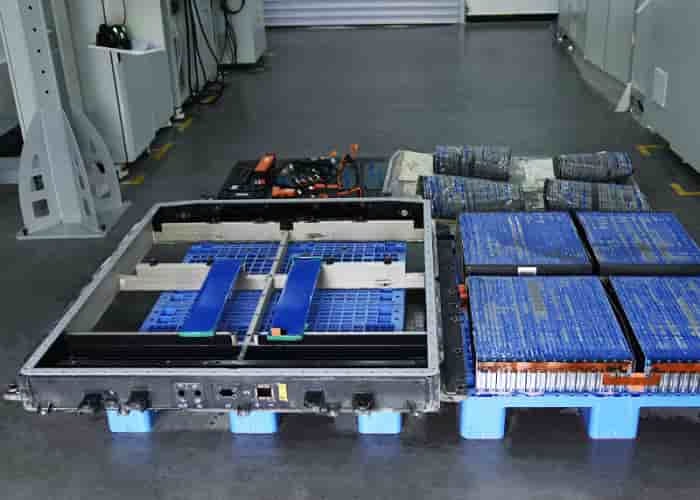
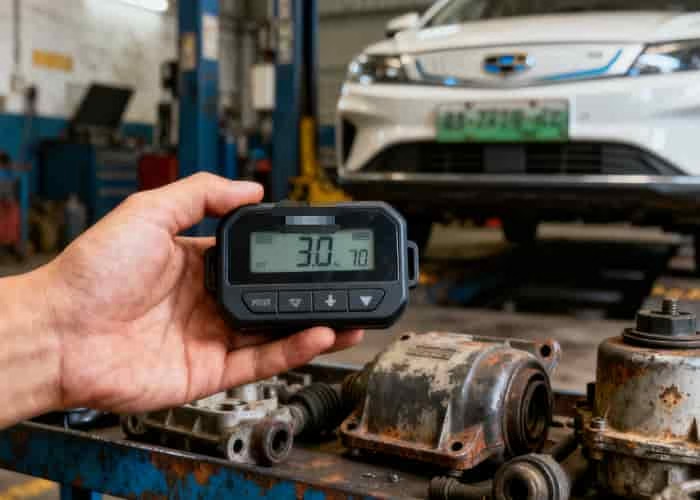
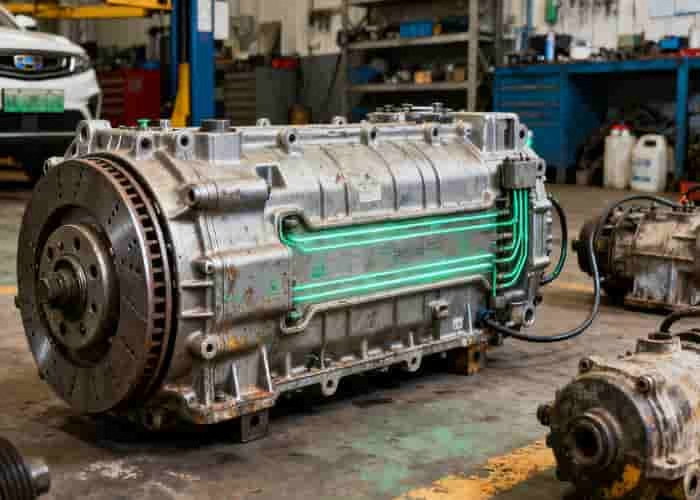
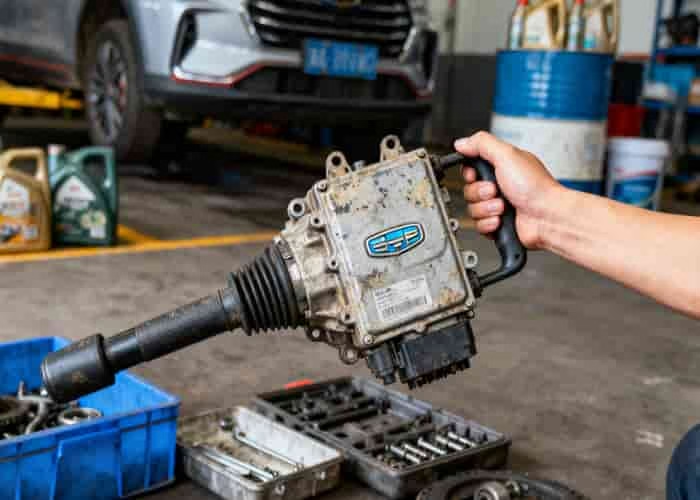

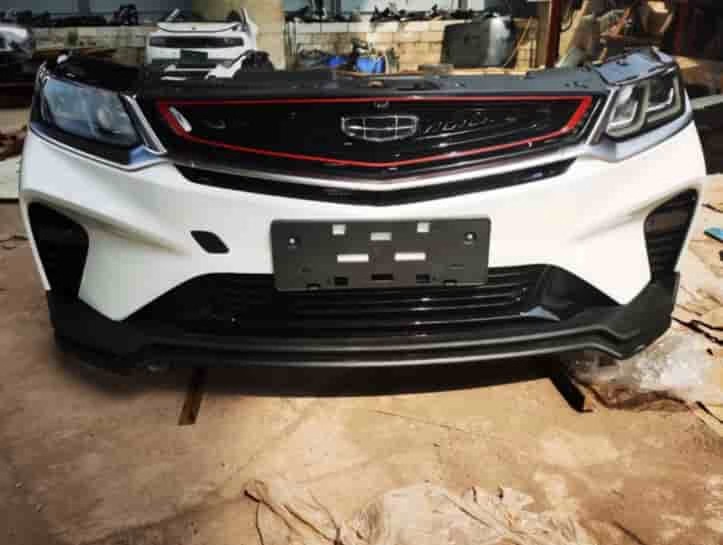
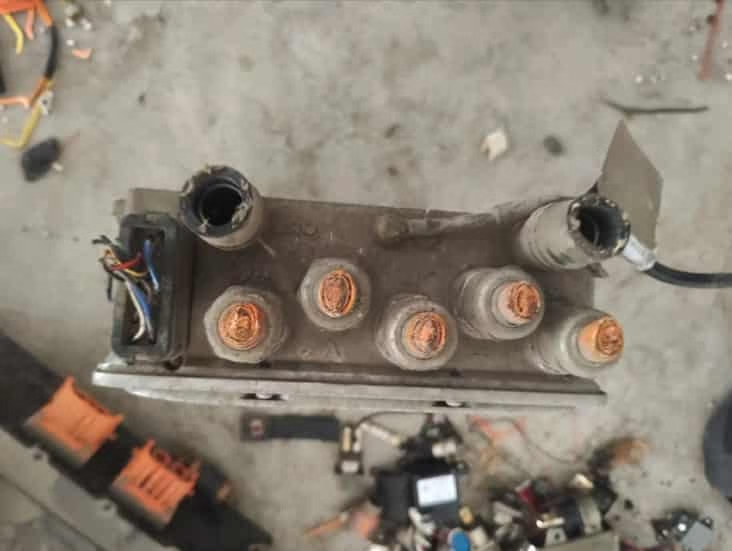
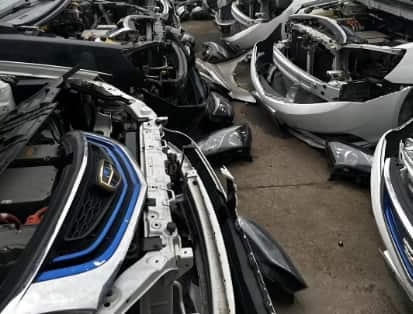
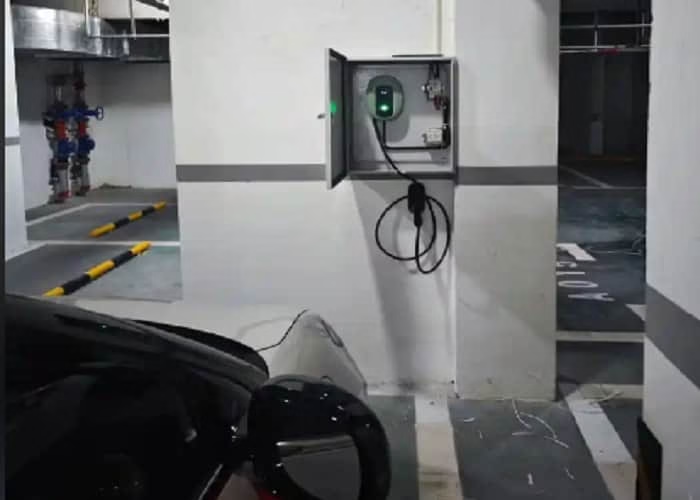
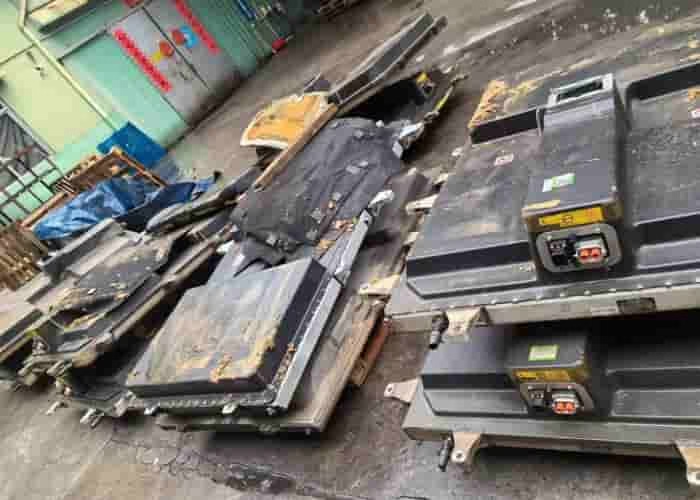

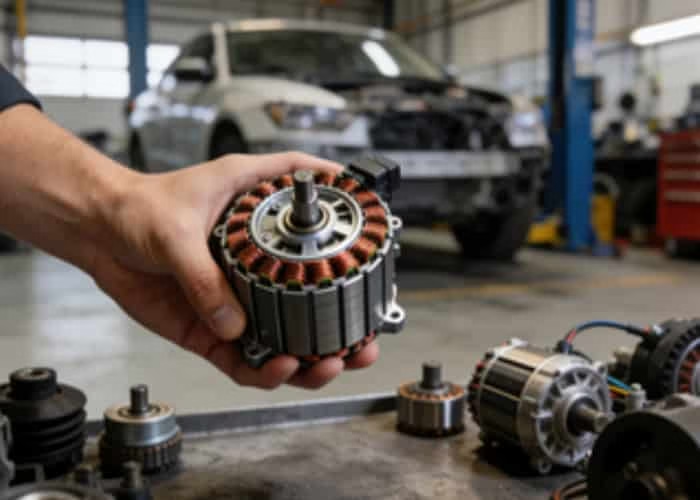
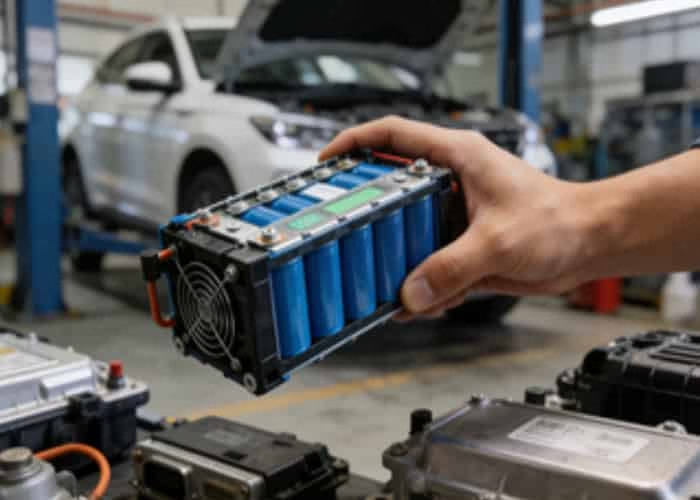
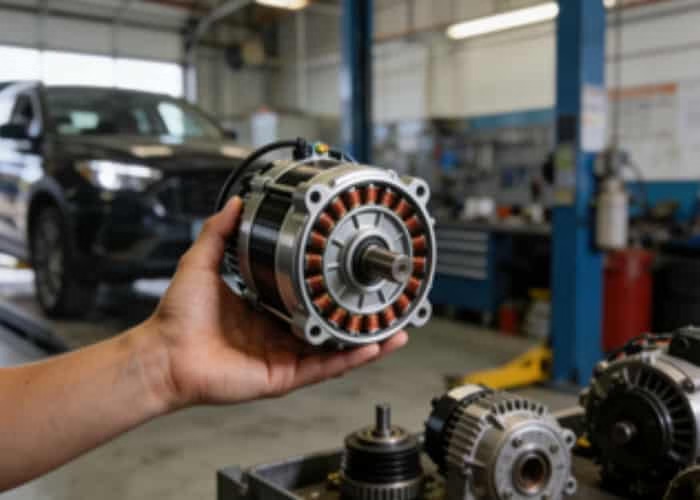
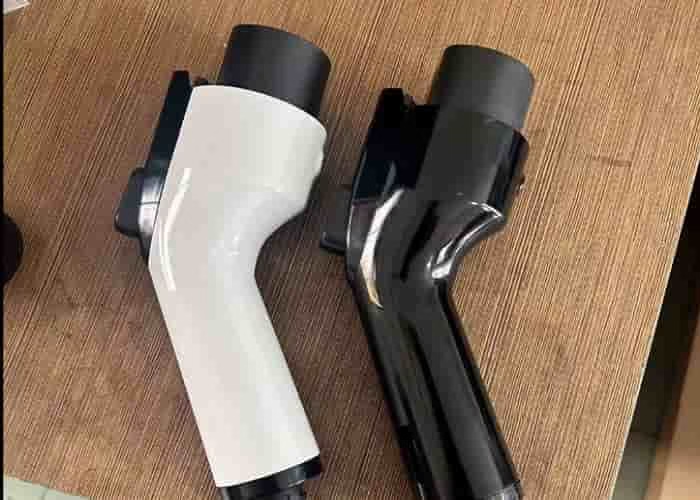
Leave a Reply